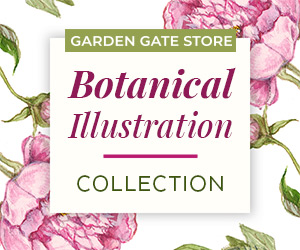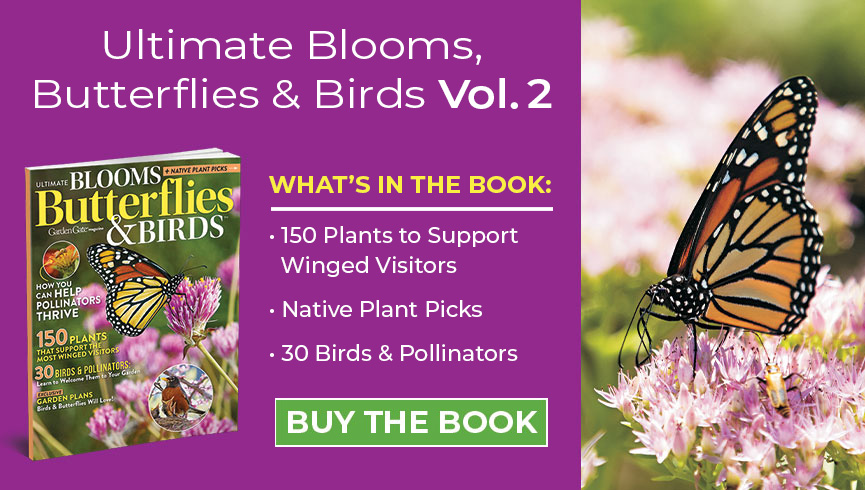Gardeners everywhere know that there are quite a few critters that can cause you major headaches. Deers, in particular, can ravage a garden. But have no fear, because we’re here to help you prevent these nibbling animals from eating your plants.
In this article, we’ll discuss some of our top tips on how to keep deer out of your garden. We’ll discuss natural strategies such as using strong-smelling plants and helpful animal repellents. And we’ll discuss the benefits and drawbacks of using fences to keep deer away. Whatever method you decide on, you can rest assured that your plants will be much safer from those pesky deer.
How Deer Damage Gardens
Deer can cause significant destruction to gardens due to their grazing habits. They eat more than 200 species of plants and can reach high heights. Deer will happily feed on buds, flowers, and fruit, so no part of the plant is safe from these animals.
Deer can quickly eat large amounts of vegetation, sometimes consuming an entire crop overnight! If they do enough damage, it can result in long-term losses. This means gardeners will have to replant their flower or vegetable beds annually.
Plus, deer can also damage fencing installations meant to keep them out, giving them free access to all parts of the garden or yard.
Prevention Strategies
There are several methods to deter deer from gardens. Strobe lights, ultrasonic noises, and strong smells like blood meal or garlic can be effective repellents. Motion-activated water may also sprinklers startle approaching animals. And metal plant protectors can prevent access to trees or shrubs.
Barriers such as electric or woven wire mesh fences can make it difficult for deer to access areas. Chicken wire fences may also work in smaller plots. Planting hedges or shrubs along fence lines may be able to block deer pathways as well.
Exclusion involves netting or using string or tape to create boundaries around sensitive areas like vegetable plots or flower beds.
Repellents
Plant protectors utilize repellents, which you can either buy or make yourself. However, these repellents will need reapplication depending on weather conditions, as they can wash away over time. Commercial repellents often contain natural ingredients like capsaicin, which is effective against smaller animals but may not guarantee protection against larger animals like deer. DIY repellents often rely on strong scents from oils and spices, which act as natural deterrents when applied to affected areas. Using DIY repellents sparingly is important, as their effects typically last no longer than 24 hours. And keep in mind that continuous use of DIY repellents may cause damage to your plants if you’re not careful.
Choose Strong-Smelling Plants
Besides using various deterrents and barriers, you should consider planting species that have known ‘unpalatability.’ Deer dislike these kinds of plants due to the strong, unappealing aromas and flavors. So be sure to do some research and figure out which smelly plants will do well in your garden and growing zone.
Conclusion
Deer can be a major nuisance to gardens, but with the right strategies, you can keep your cherished vegetation safe. Whether you try natural deterrents such as strong-smelling plants and animal repellents or physical barriers such as fences and exclusion zones, your garden should be safer from your forest neighbors.
















